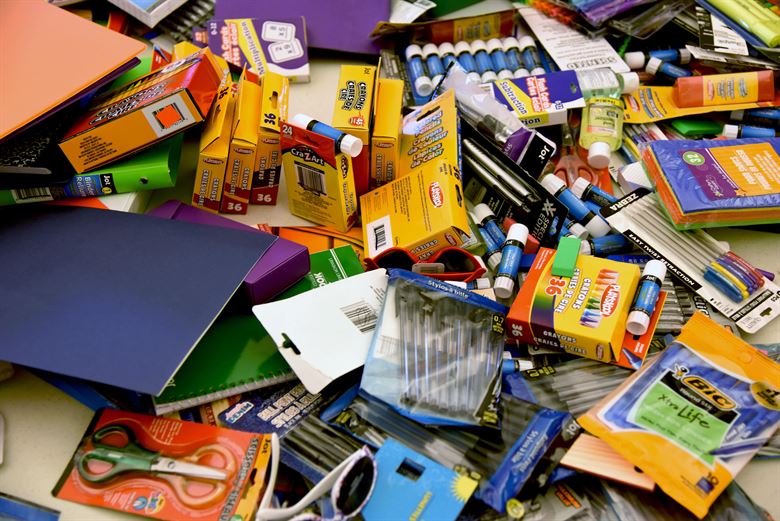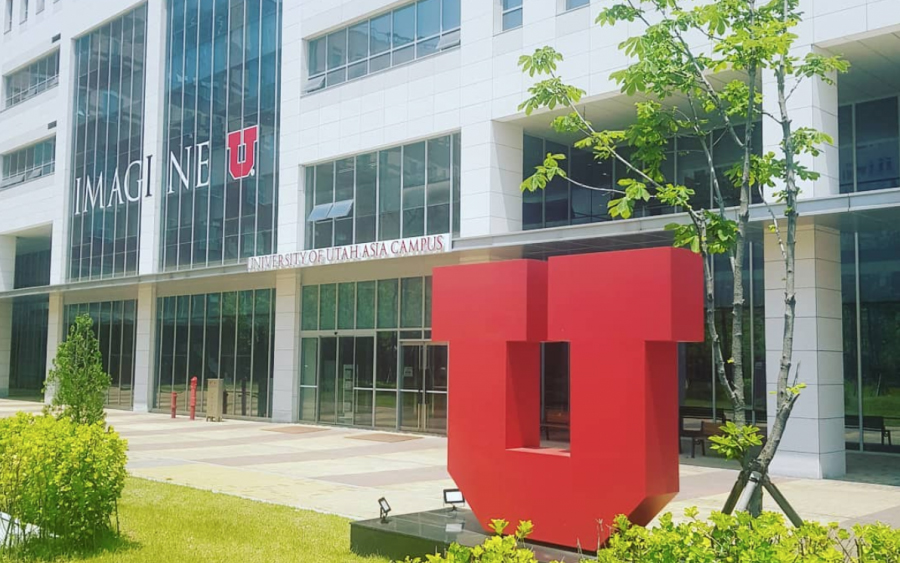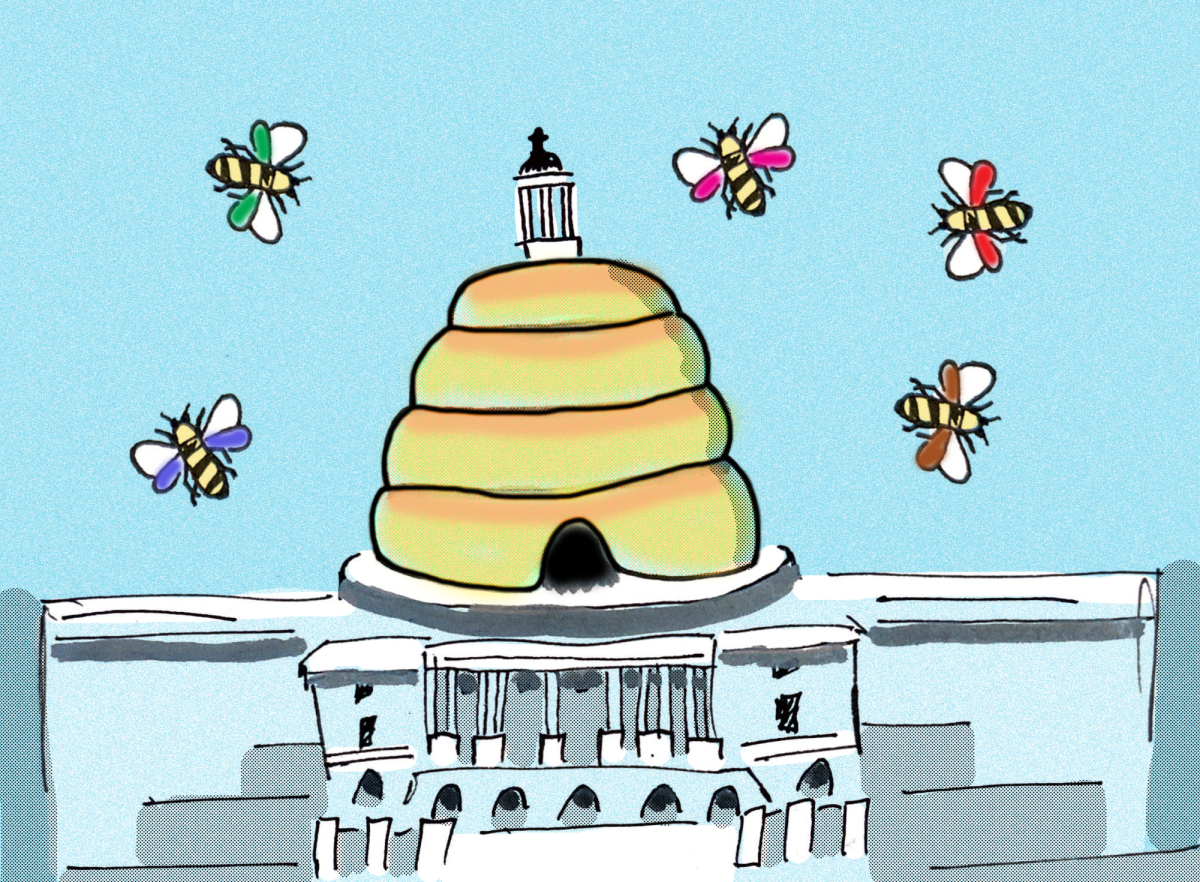Christopherson: Teacher Tax Credits Can’t Make Up For Underfunded Schools
“When there is a need for teachers to pay for their own supplies, it is a symptom of the large-scale underfunding of schools,” writes Nain Christopherson. (Courtesy Keesler Air Force Base)
March 1, 2020
It’s common knowledge that many teachers spend their own money on school supplies for their classrooms. One study during the 2014-2015 school year found that U.S. teachers spend an average of $479 each year to supplement schools’ limited resources.
This Utah State Legislative Session, state Sen. Jacob Anderegg has sponsored a bill in a misguided attempt to address that problem. His bill, S.B. 69, proposes a tax credit of up to $500 for teachers who pay out-of-pocket to keep their classroom stocked with necessary materials. While reimbursement would be a short-term benefit for teachers, this bill does not address the fact that Utah schools are seriously underfunded.
Teachers in 17 of 41 Utah school districts don’t even make a living wage in the county where they teach. A reimbursement once a year cannot eliminate the financial discomfort caused by forking over their own money for their students — not to mention the inconvenience of having to shop for school supplies themselves. When there is a need for teachers to pay for their own supplies, it is a symptom of the large-scale underfunding of schools.
Utahns recognize this is a problem for their kids. In fact, a recent poll showed that 93% of state residents believe education should be a priority for legislators this session. An education values study by Envision Utah dove into specifics, showing that Utahns believe increased school funding and higher salaries for teachers are essential to improving K-12 schools. All in all, 70% think the state spends too little on education.
We often hear from state legislators that Utah spends more of its budget on education than any other state, yet we continue to rank dead last in per-pupil spending. This has consequences for teacher pay. It limits the number of counselors and paraprofessionals in schools and affects the content and quality of learning materials, as well as school supply availability. Each of these factors impact student outcomes, and there clearly aren’t enough resources to go around.
Bills like S.B. 69 feel like an attempt by lawmakers to get education-focused voters off their backs. When the school can’t provide, teachers have long been expected to pick up the slack, and a tax credit allows legislators to put off increased funding in favor of a band-aid solution. It’s no wonder 62% of Utah voters believe their local representatives pay little or no attention to their interests and concerns.
But instead of dwelling on Anderegg’s insufficient bill, we should consider what the legislature could — and should — do about education in the future. I’ve written many times before about the evidence that raising teacher pay does more for teachers and students than virtually any other change to a school system. Increased salaries would help teachers more than merely paying them back for money they shouldn’t have to spend in the first place. Even increasing the weighted pupil unit enough so that schools could buy all the materials they need would be preferable to teacher tax credits.
It is important to note that education leaders already know what is necessary to improve teacher retention and student outcomes. If the legislature would just give them the funds to address issues as they saw fit, a lot would change.
If schools don’t have the resources to provide teachers with adequate supplies, then yes, reimbursements for teachers who have to purchase them with their own money are better than nothing. But the bottom line is that schools should — at absolute minimum — have the funding to purchase books and pens and paper. If passing this bill allows the legislature to feel that it’s done enough for education this year, it will have done more harm than good for teachers and students in the long run.












